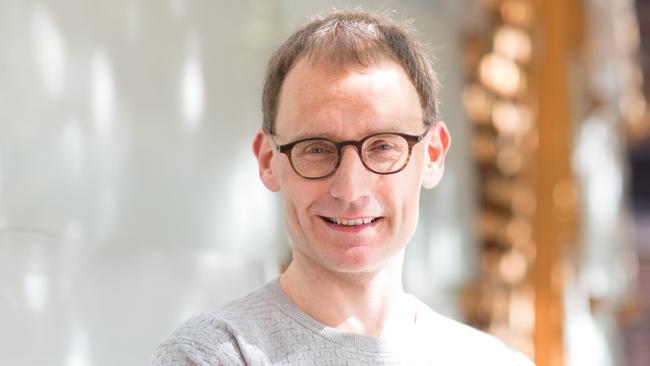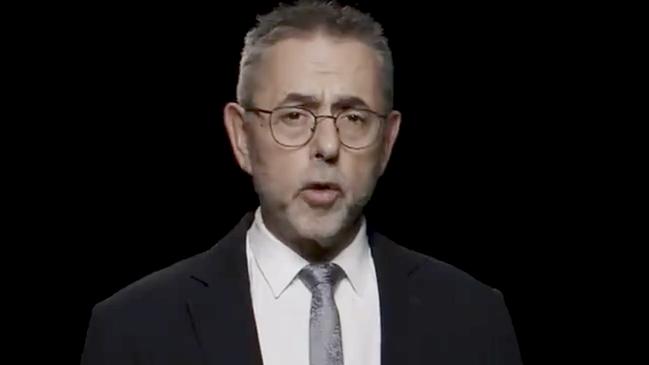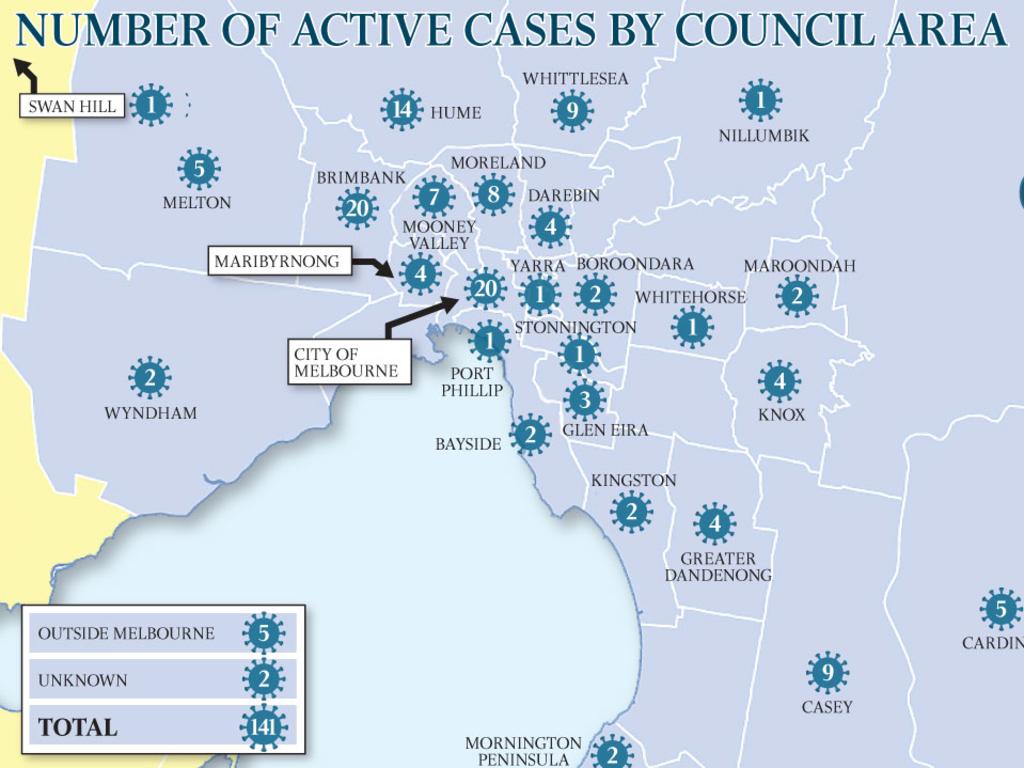
Now, I read a wide range of short pieces from a variety of publications. I’ve become quite addicted to podcasts right across the spectrum of views. But when it comes to books, I’ll take recommendations from trusted sources.
I’ve been reading John Kay and Mervyn King’s Radical Uncertainty: Decision-Making for an Unknowable Future. Written before the COVID-19 outbreak, its themes are extremely relevant to any analysis of today’s circumstances. It is highly entertaining and wide-ranging. Kay and King make the important distinction between risk and uncertainty. While it’s possible to place probabilities against particular contingencies in risky situations, uncertainty involves no such numerical specifications. The authors use the two terms puzzles and mysteries to make the point. Puzzles may be difficult to solve but, with effort, intelligence and resources, robust answers can be produced. This is not the case with mysteries.
What starts off as a mystery can become a puzzle over time. And, in the best cases, the ultimate solutions emerge. But many puzzles or problems are what are called wicked, as opposed to tame. There is often contradictory and changing evidence, the aims of the exercise are many and also changing, and often are not compatible in the sense that they can all be achieved at the same time.
The bottom line is that life is tough for policymakers faced with complex situations with inadequate information and the absence of a proven framework to answer the question “what is going on here?’’.
Their professional lives are made even more complicated by grandstanding “experts” whose motivations often include public exposure and adulation. Having worked for years in some laboratory out the back, or cranking the handle of the computer with masses of data (often wildly inaccurate), their time in the sun has finally come. Think epidemiologists, infectious diseases specialists and climate scientists.
One of the main problems Kay and King identify is experts’ tendency to convert mysteries into puzzles before there is reliable information on the values of the key parameters that drive the models. Assumptions are portrayed as “truth” and the implications of the models are seen as a reliable guide for decision-making.
Early this year, various international experts presented expected infection and death rates arising from COVID-19 using statistical models. Mostly, those figures today look preposterous.
Australians were led to believe there would be between 50,000 and 150,000 deaths, numbers sufficiently large to scare most people. (It was rarely mentioned that more than 160,000 people die in Australia each year.) Estimates overseas were equally ridiculous, including from Neil Ferguson of Imperial College London’s School of Public Health. He claimed there could be up to 500,000 deaths from COVID-19 in Britain and up to 2.2 million in the US.
Many epidemiologists are scrambling to salvage their reputations. Some even suggest there are shonky scientists out there who have been making extravagant claims. There are good ones and bad ones, evidently. The fact almost all of these scientists hold publicly funded positions in well-known institutions makes this claim difficult to sort out.

Then there is the irrefutable response that the predictions were wrong because social distancing and lockdowns flattened the curve. That’s really just the equivalent of “heads I win, tails you lose”. Take this explanation from Ferguson: “My (recent) evidence to parliament referred to the deaths we assess might occur in the UK in the presence of the very intensive social-distancing and other public health interventions now in place. Without those controls, our assessment remains that the UK would see the scale of deaths reported in our study (namely, up to about 500,000).”
This sort of statement leaves many issues unanswered. What is the real evidence that particular types of social distancing and lockdowns affect the course of the virus? Does preventing families meeting in groups really matter compared with allowing large sporting events or music festivals? Does the closure of sit-in restaurants, pubs and clubs really make much difference? Does the shutting of international borders and enforced quarantine for all arrivals effectively contain the virus?
These are research questions scientists could have spent their time on. But it was never going to be enough to leave it to the scientists, because the practicality and sustainability of imposed restrictions are also critical public policy considerations. Psychologists and economists both have roles to play in this context.
It’s not too early to make the claim that the scientists were far too quick to claim COVID-19 was a puzzle rather than a mystery. Of course, coronaviruses had been identified in the past, but this variety has characteristics that are only now becoming clearer.
By presenting the situation as one based on risk (but with assumed and highly contestable values attached to the parameters) rather than uncertainty, arguably the key policymakers jumped the gun in terms of making decisions with profound social and economic consequences for many people without anything close to adequate evidence.
This doesn’t mean all the measures have been wrong. After all, decision-making in the context of uncertainty means policymakers will mostly err on the side of caution. What is baffling is why more attention wasn’t paid to the ability of the health system (including intensive care unit capacity) to deal with the disease. Let’s face it, COVID-19 hasn’t laid a glove on our healthcare system at any stage.
A bit of humility on the part of the scientists also wouldn’t go astray. They also might care to re-read the fable about the boy who cried wolf.







A while ago I vowed to regularly read books I knew I would dislike. After getting halfway through Russell Brand’s execrable Revolution, I threw in the towel. Life’s too short to be wading through mind-numbing pages of ill-informed, tendentious bilge.